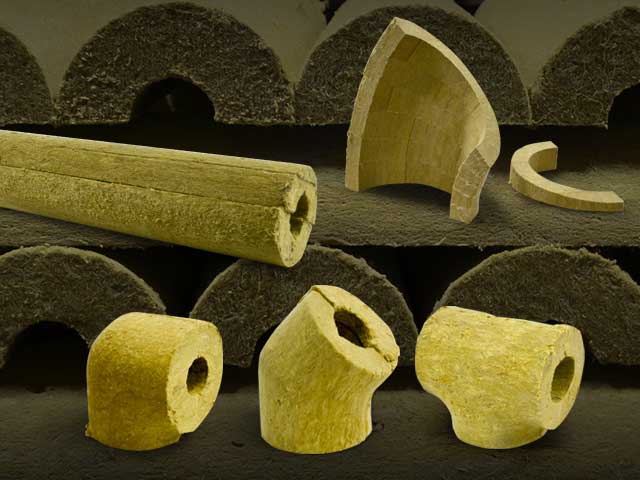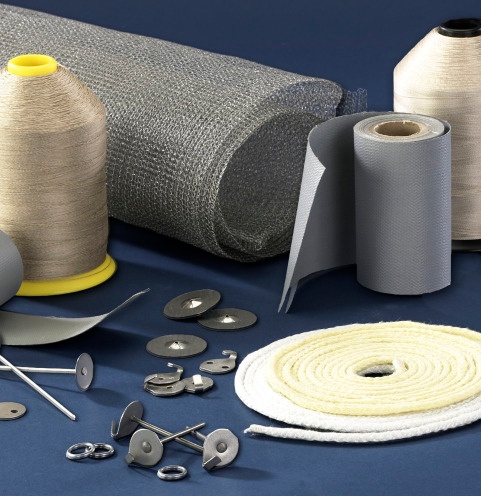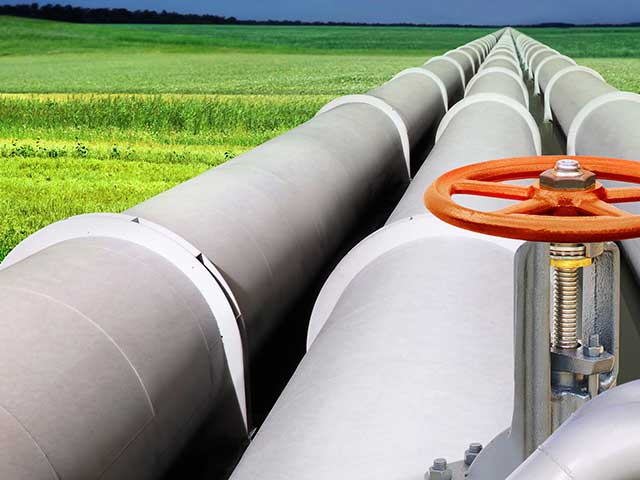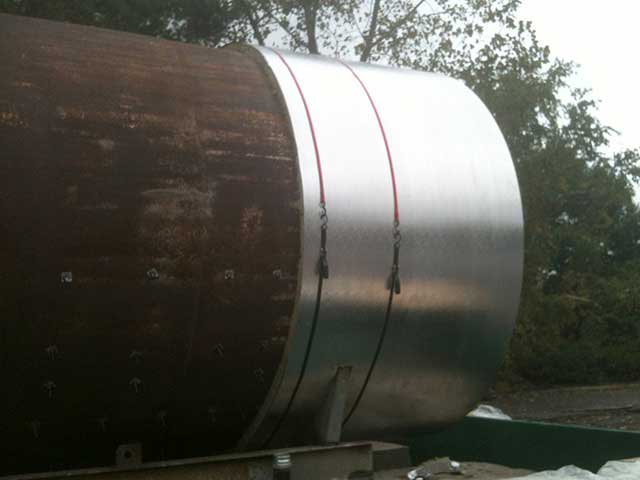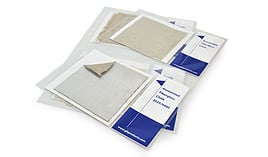When it comes to insulating refrigeration and food lines, choices range from Polystyrene XPS, Cellular Glass, Mineral Wool, or Polyisocyanurate. Each solution has its own pros and cons, but in the end cost and thermal efficiencies gained will typically play a major role in determining the best choice.
Polyisocyanurate Insulation: A Must-Have for Refrigeration and Food Lines
Posted by Gary Fiedtkou on Oct 2, 2015 9:30:00 AM
Topics: Fabricated Pipe Insulation
Cellular Glass value in underground piping applications
Posted by Gary Fiedtkou on Sep 22, 2015 12:26:00 PM
Insulating underground industrial piping is no easy task. Direct burial and underground applications can be very demanding, and everything from moisture and corrosion to vermin and compression must be considered when protecting your investment. Cellular Glass fabricated pipe insulation not only provides superior insulating capabilities, but protection from these harmful environmental factors as well.
Topics: Fabricated Pipe Insulation
Mineral Wool's Benefits Beyond Insulation Properties
Posted by Gary Fiedtkou on Sep 2, 2015 10:01:00 AM
Mineral wool is one of the top four fabricated pipe insulation materials available on the market today for industrial insulation applications. With a wide range of thicknesses and facings available, mineral wool can be found in a number of applications such as protect pipes, tanks, vessels, and personnel.
No, we’re not talking about pairing the right belt with the right boots. In the context of insulation, accessories are devices or materials intended to serve one or more variety of functions. Improper accessory design or application can be a significant factor in the failure of insulation systems.
Topics: insulation
Understanding the differences between K-Value vs. R-Value
Posted by Sandy Volchko on Jun 17, 2015 9:02:15 AM
One of the most commonly asked questions we get is “What’s the difference between R-Value and K-Value?". R-Value is commonly used to measure the insulating performance of building materials such as fiberglass insulation that you can buy at Home Depot, Lowe’s or any other lumber yard. R-Values express an insulation's thermal resistance, or the ability to stop heat flow. Although it is not a very common term in the mechanical insulation industry, it’s still a good concept to understand. The thicker the insulation is, the greater the R-Value.
Topics: insulation
SDS 101: Safety Data Sheets and their applications
Posted by Gary Fiedtkou on May 27, 2015 9:28:00 AM
In the United States, the Occupational Safety & Health Administration (OSHA) is requiring all chemical suppliers to provide GHS-compliant labeling, and Safety Data Sheets (SDS) on all chemical products beginning June 1, 2015. There appears to be some confusion on what the new regulations touch on and what impact it will have on products purchased from GLT Products.
Topics: insulation
A well designed lagging system will provide effective noise reduction. Key components include materials that block sound and those that absorb sound.
Topics: insulation
Waste Not, Want Not: 3 Proven Methods to Insulate Above Ground Storage Tanks
Posted by Gary Fiedtkou on May 6, 2015 10:00:00 AM
Storage tanks are used extensively in the United States for above ground and below ground applications, and trust me, nothing wastes energy more than a storage tank that has no insulation. While there are many options available when it comes to insulating your storage tanks, it is important to understand the differences and choose the solution that best suits your specific needs.
Manufactured steel tanks serve many purposes. The primary use is the storage of heavy fuel oil, liquids, compressed gasses, resins or asphalt binders. Storage tanks vary in type and sizes based on the product being stored and the volume involved. What they have in common is that they require an insulation solution.
Topics: insulation
You've got a mechanical insulation situation that needs to be remedied and you're ready to call an insulation contractor. Great! Like any project, good planning can make all the difference and save you time and money. Here's a guide that will help you assess your project and make the most of your contractor's time.
Topics: insulation
Mechnical systems are often in need of insulation. These systems include such components as boilers, HVAC systems, piping and ducts. They are primarily found in commericial and industrial facilities where the goal is energy efficiency and emission reduction.
Topics: insulation


